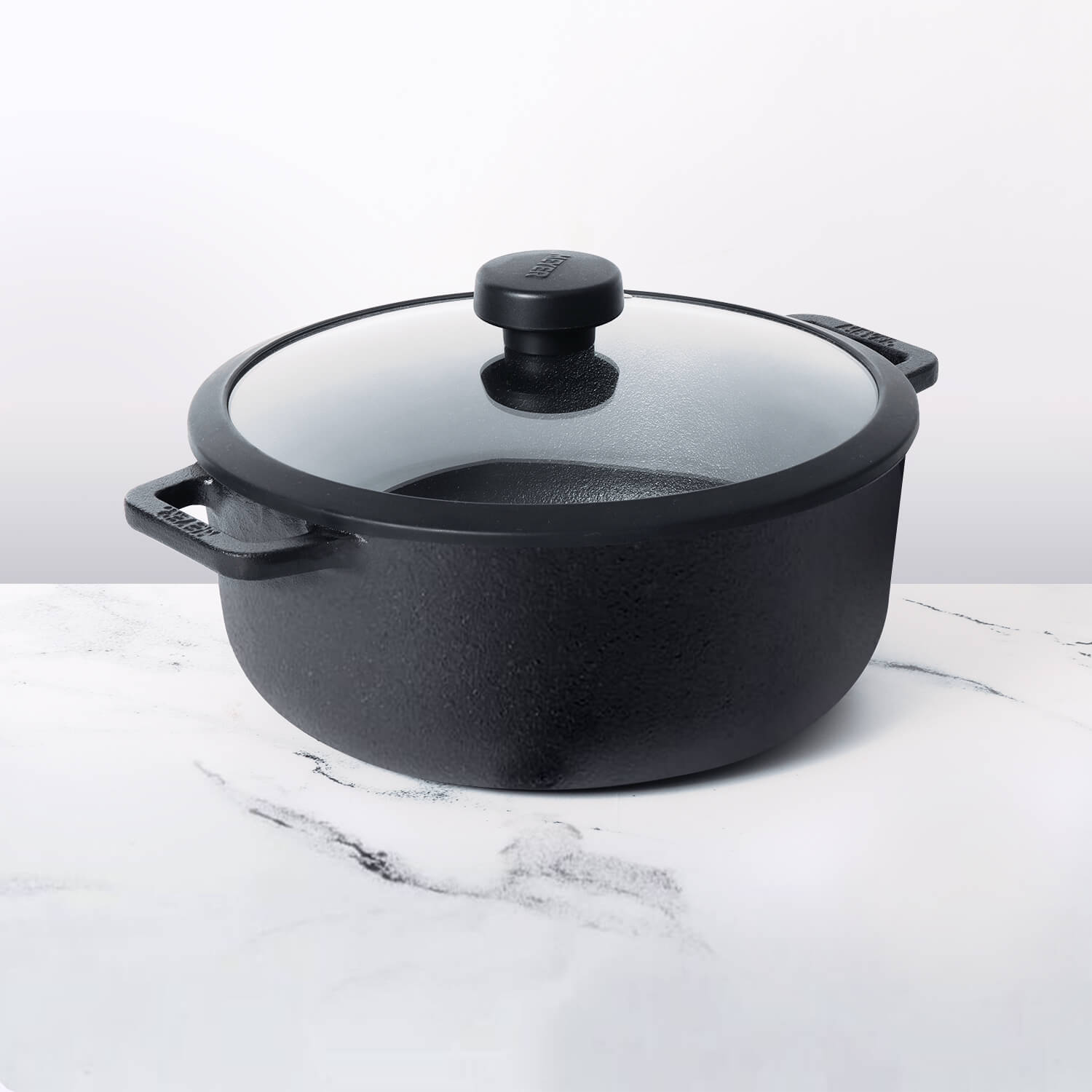Pomegranates are round, red fruits with a tough outer skin that typically grows in warmer climates. They belong to the Punica genus and are native to regions of Iran, the Middle East, and the Mediterranean. Pomegranates contain clusters of juicy, edible seeds known as arils, surrounded by a white membrane. Each seed is enveloped in a sweet-tart, translucent pulp and is rich in nutrients.
These fruits have a long history of culinary and medicinal use due to their unique taste, vibrant color, and potential health benefits. Pomegranates are not only enjoyed for their delicious flavor but are also valued for their high content of antioxidants, vitamins, and minerals, making them a popular choice for enhancing both culinary dishes and overall health.
Table of Contents
What Makes Pomegranate A Superfood For Winter?
Here are some reasons why pomegranates are considered a superfood for winter:
- Rich in Antioxidants: Pomegranates are packed with antioxidants, particularly punicalagins and anthocyanins, which help combat oxidative stress, reduce inflammation, and protect cells from damage caused by free radicals.
- Vitamin C Boost: These fruits are a good source of vitamin C, which is vital for immune function. A boost in vitamin C during the winter can help support your body's defense against colds and flu.
- Heart Health: Pomegranates contain compounds that may help lower blood pressure, reduce cholesterol levels, and improve overall heart health. This can be beneficial, especially during the winter when heart health is a concern due to colder weather.
- Fiber Content: They are a good source of dietary fiber, which supports digestive health and may help manage appetite and weight, contributing to overall wellness.
- Versatile Use: Pomegranate seeds (arils) or juice can be added to various dishes, salads, smoothies, or consumed as a snack, offering both taste and health benefits.
Incorporating pomegranates into your diet during the winter season can be an excellent way to enjoy their unique flavor while reaping their nutritional benefits for overall health and wellness.
Is Pomegranate Best Winter Fruit?
Pomegranates are indeed considered one of the best winter fruits due to several reasons:
- Seasonality: Pomegranates are typically harvested in the fall and are available throughout the winter months. They are at their peak freshness during this time, making them a seasonal winter fruit.
- Nutritional Value: Pomegranates are rich in antioxidants, particularly punicalagins and anthocyanins, which are beneficial in combating oxidative stress. Additionally, they provide a good dose of vitamin C, which is beneficial during the colder months to support the immune system.
- Versatility: Pomegranate arils and juice can be used in various culinary preparations. They can add a burst of color, flavor, and nutritional benefits to salads, desserts, beverages, sauces, and many other dishes.
- Health Benefits: Consuming pomegranates during winter provides various health benefits, including potential cardiovascular benefits, improved digestion due to their fiber content, and aiding in hydration.
Best Ways To Consumer Pomegranate During Winters:
There are numerous ways to enjoy pomegranates during the winter season. Here are some popular methods to consume pomegranates:
- Eat Fresh: Simply cut the pomegranate in half, then gently tap the back of the fruit with a spoon to release the seeds (arils). Eat the arils as a snack or sprinkle them over salads, yogurt, or oatmeal.
- Make Juice: Extract the juice from pomegranate arils using a juicer or by pressing them with a citrus juicer. Pomegranate juice can be consumed on its own or mixed with other juices for a refreshing drink.
- Use as a Garnish: Sprinkle pomegranate arils on top of dishes like roasted vegetables, rice pilaf, or grilled meats for a burst of flavor and color.
- In Salads: Add pomegranate arils to green salads, fruit salads, or grain-based salads to enhance their taste and nutritional value.
- In Smoothies: Blend pomegranate seeds into smoothies along with other fruits, greens, or yogurt for a nutritious and flavorful drink.
- Pomegranate Molasses: Boil down pomegranate juice to create a thick, tangy syrup known as pomegranate molasses. It's used in various recipes, including dressings, marinades, and desserts.
- Desserts: Use pomegranate seeds as a topping for desserts like ice cream, puddings, or cakes, or incorporate them into recipes for added sweetness and texture.
- Pomegranate Seeds as a Snack: Freeze pomegranate arils for a refreshing and healthy snack during winter.













Leave a comment